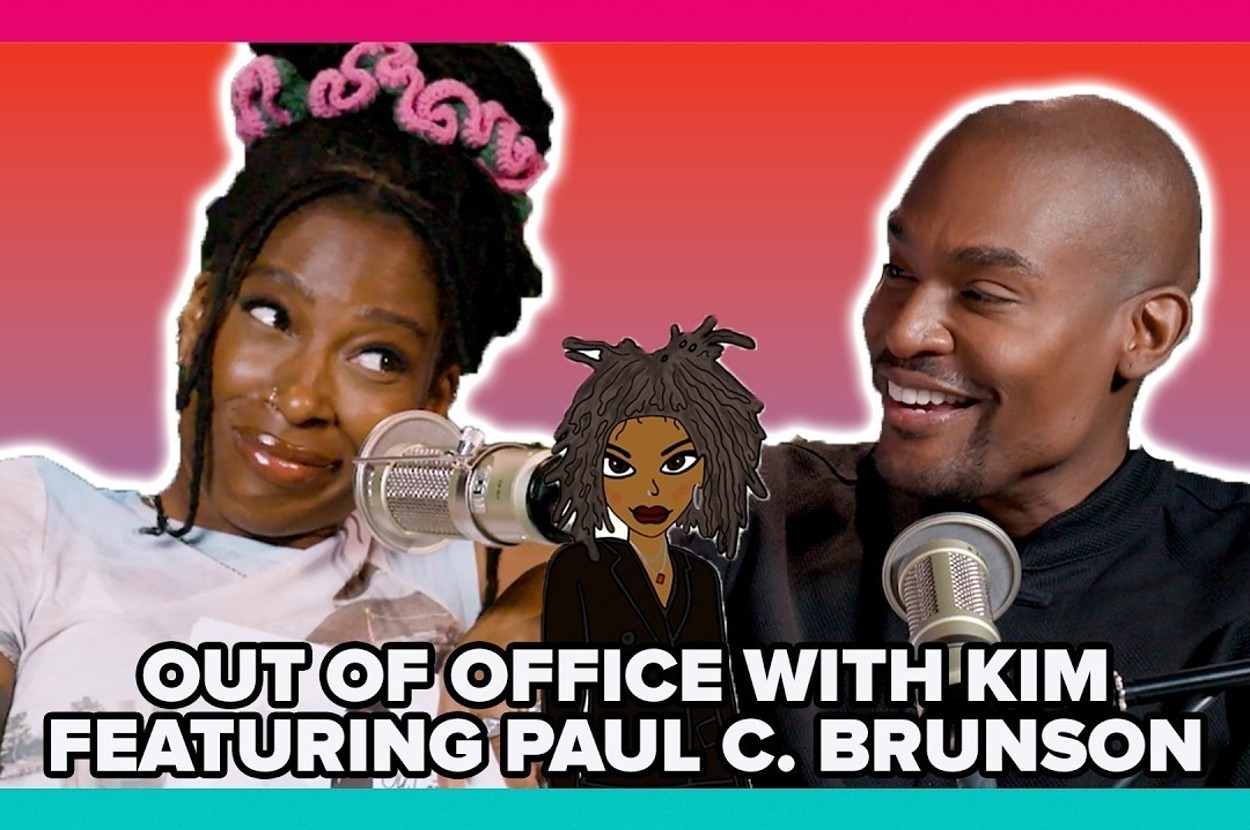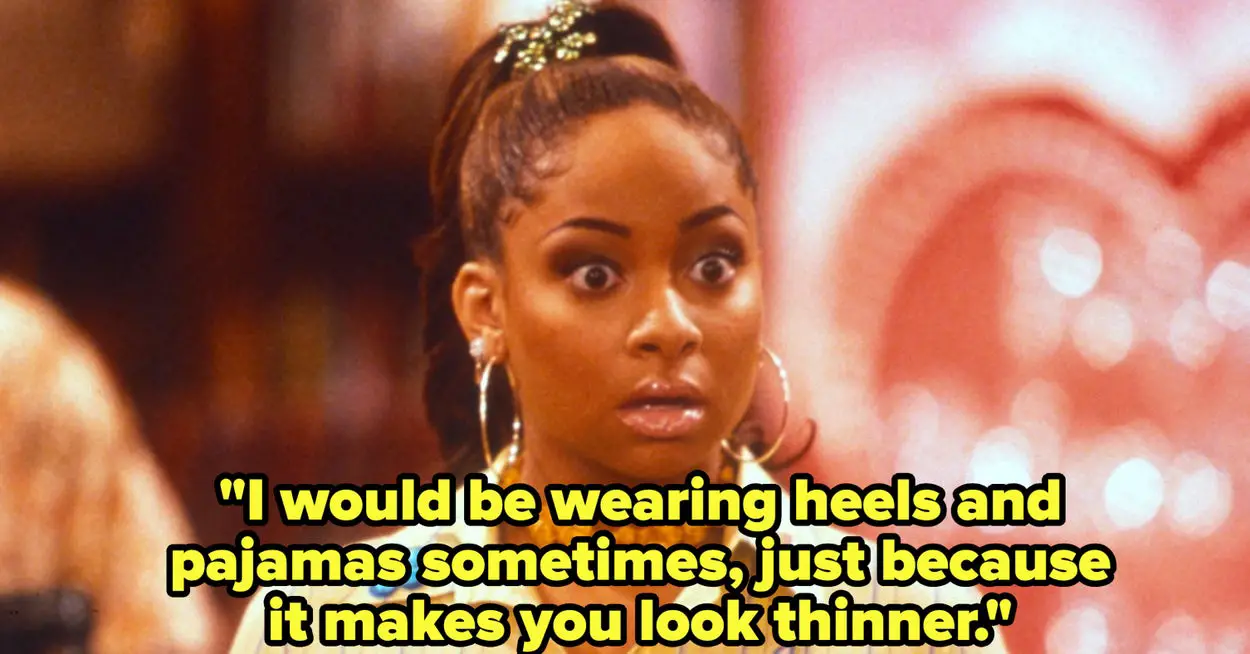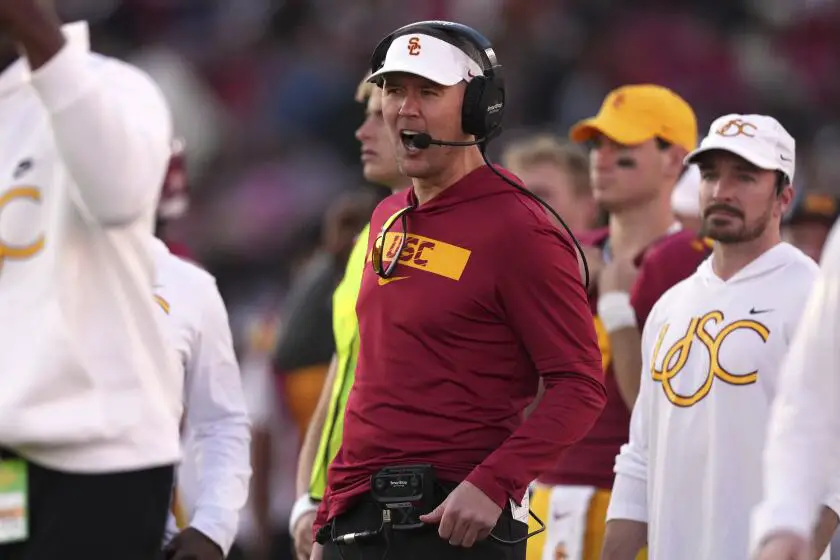
The love-language debate
Love languages have become one of the most popular tools couples use to understand each other’s needs. However, Paul is not completely sold on the idea. “I don’t agree with the love language situation,” he said. “When you truly love someone, you want to explore all of the love languages.” For Paul, real love means embracing every aspect of your partner’s needs, not just picking one love language and sticking to it.
Paul acknowledges the widespread use of love languages and admits that Gary Chapman’s book has helped many people, even in his own marriage. However, he also points out that there’s little scientific research backing the concept. “There’s no real quantitative data or full research on love languages,” Paul remarked, adding that we’ve accepted it without critically thinking about its substance.
The power of attachment styles
While Paul might not be fully on board with the love languages, he’s a strong advocate for understanding attachment styles. “I love that we’re talking about attachment styles,” he shared enthusiastically. Unlike love languages, attachment styles delve deeper into how people relate to one another based on their early life experiences.
Paul explained how many people, particularly those who grew up in immigrant households where parents worked multiple jobs, develop an anxious attachment style. Opening up about his own experience he shared, “Sometimes they were there, and I got all that love, sometimes they weren’t. And as a result, I became slightly anxious”. This anxious attachment can lead to behaviours that aren’t always conducive to healthy relationships, such as constantly seeking reassurance.
However, Paul emphasises that having an anxious attachment style doesn’t make someone a bad person, just someone with “bad behaviour” that can be worked on. “Good person, bad behaviour,” he stated. It’s all about growth and understanding how we show up in relationships. You can find out your own attachment style here.








